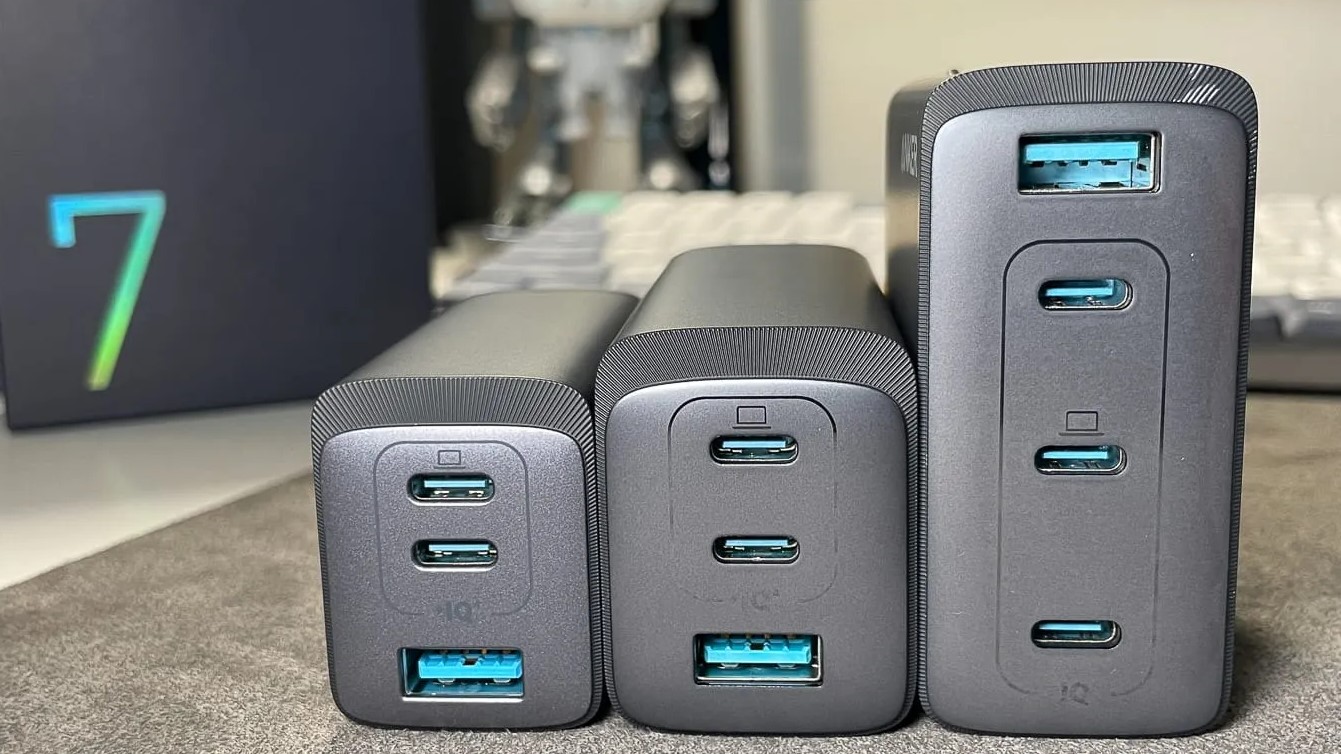According to an animal study conducted recently, lost memories of mice don’t go anywhere but remain within their brain waiting for being rediscovered again. During the study, researchers could reactivate memories of mice that were previously blocked by them. This finding indicates that retrograde amnesia or memories lost due to brain trauma are retrievable memories as the problem doesn’t involve loss of real data.
The study saw researchers using a new procedure called optogenetics. Optogenetics is a process that involves the use of light for controlling neurons that are genetically sensitized to light.
Researchers involved in this particular study used light to choose explicit neurons. Next, they introduced a unique protein to those explicit neurons; the protein was supplied via an engineered virus.

As soon as the brain cells of the mice received the special protein, they became sensitive to blue light. This allowed the researchers to switch the neurons off and on whenever they wanted during the study.
The next step of the study required the researchers to make the mice experience a traumatic incident. The mice taking part in this step of the study were kept in an enclosure and shocked again and again. The researchers took note of the neurons that stimulated during this shock treatment. Next, the team used optogenetics for tweaking those neurons in a fresh batch of mice.
The new batch of mice was also put through similar shock treatments under identical circumstances; the researchers found that following the treatment those mice started fearing the enclosure.
http://thehoopsnews.com/2015/05/31/5554/planetary-societys-lightsail-spacecraft-fails-require-reboot/
In the following step, the researchers used a drug for making the mice develop retrograde amnesia and lose all the memories of the chock treatment. After being treated with the drug, the mice stopped fearing the enclosure. However, when their neurons were stimulated by application of blue light, they started fearing the enclosure once again.
Although these findings of the study are exciting, researchers are admitting that there’s still a long way to go before coming up with an effective way of restoring lost memories in humans. The procedure used during this animal study is not suitable for being applied on humans for two main reasons: it gives birth to ethical questions and is invasive in nature. Also, there are still some significant technical and logistical issues to overcome.



